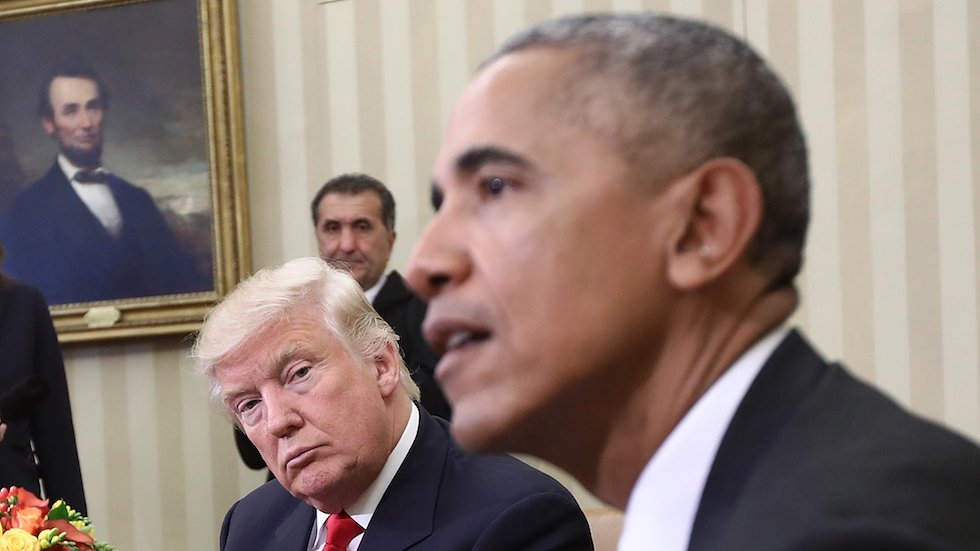Amal Clooney criticizes Trump for controversial comments on Christine Blasey Ford’s Kavanaugh accusations: report
foxnews.com/politics/amal-…
“A president shouldn’t ridicule a woman who ‘courageously’ comes forward to ‘allege’ abuse,” Clooney told the crowd in Philadelphia.
The 5th Amendment requires that a citizen cannot be accused of a serious crime without a grand jury investigation.
Due process means that laws must be applied fairly and equally to all people, especially to a citizen accused of a crime.
"Believe the accuser" runs up against human nature. People are not only fallible, but they also capable of bad behavior, such as lying.
thehill.com/opinion/civil-…










